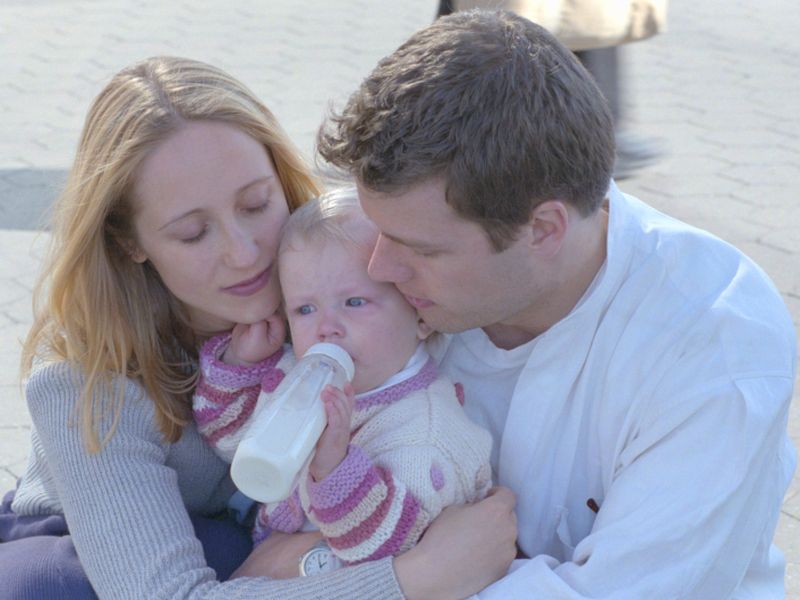Depressed Moms, More Anxious, Troubled Kids?

MONDAY, Sept. 30, 2019 (HealthDay News) -- If a mother is depressed, her young children might be at risk for hyperactivity, aggressiveness and anxiety, a new study suggests.
Interestingly, a father's depression only affected kids if mom was also depressed, the researchers found.
"Depression among parents both during and after pregnancy not only affects the person suffering from depression but also has a long-term impact on the well-being of the newborn child," said researcher Johanna Pietikainen, from the Finnish Institute for Health and Welfare.
"Even in cases of mild depression, it is important that the symptoms are identified and the parents are offered support as early as possible, if necessary … during the pregnancy," she added.
One parent's depression also puts the other parent at risk. Symptoms of depression can start during pregnancy and continue after the child's first birthday, the researchers noted.
The findings were published Sept. 30 in the CMAJ.
"It is important to monitor the mental well-being of both parents during pregnancy and after the birth of the child, and if one parent shows symptoms of depression then the symptoms of the other parent should also be examined," Pietikainen said in a news release from the National Institute for Health and Welfare, in Finland.
Long-term depression indicated that depression occurred before the pregnancy. Previous depression was a key risk factor for moderate or severe depressive symptoms, the study authors said.
Other risk factors for depression included sleep deprivation during pregnancy, stress, anxiety and a bad family environment. These risk factors predicted depression for both mothers and fathers.
More information
For more on depression and pregnancy, visit the March of Dimes.

The news stories provided in Health News and our Health-E News Newsletter are a service of the nationally syndicated HealthDay® news and information company. Stories refer to national trends and breaking health news, and are not necessarily indicative of or always supported by our facility and providers. This information is provided for informational and educational purposes only, and is not intended to be a substitute for medical advice, diagnosis, or treatment.

